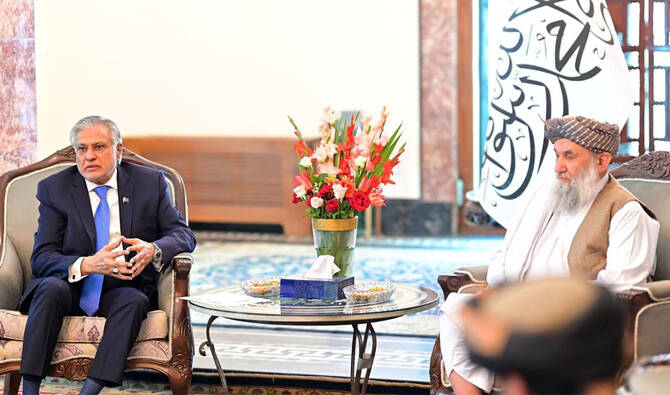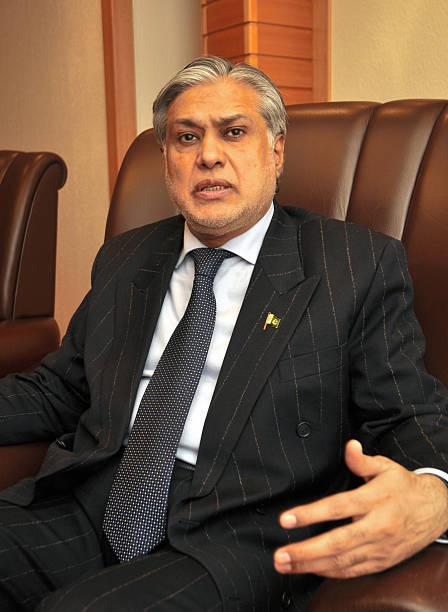Deputy Prime Minister Ishaq Dar has said that Pakistan is ready to resume dialogue with India, but emphasized that it is not desperate for talks, calling for a comprehensive dialogue that addresses terrorism and core bilateral issues, including the Indus Waters Treaty.
Speaking at a press briefing in Islamabad, Dar stressed the need for substantive engagement with India that covers all disputed matters. He made it clear that while Pakistan welcomes peace through diplomacy, any attempts by India to block or divert Pakistan’s water under the Indus Waters Treaty would be considered “an act of war.”
Dar noted that the 1960 treaty, brokered with World Bank support, is protected under international law and cannot be amended or suspended unilaterally.

Recent Escalations with India
Tensions between the two countries intensified following India’s accusations against Pakistan in the Pahalgam tourist attack in Indian Illegally Occupied Jammu and Kashmir (IIOJK). In response, India launched missile strikes inside Pakistani territory, which resulted in civilian casualties, including women and children, as well as military losses.
Pakistan retaliated with precision strikes on Indian defence targets. According to Dar, the Pakistan Air Force shot down six Indian fighter jets and one UAV, escalating the situation into the most serious conflict between the nuclear rivals in decades.
Ceasefire and Diplomatic Outreach
A U.S.-brokered ceasefire ended the 87-hour conflict, but bilateral ties remain deeply strained. Dar stated that the ceasefire is currently holding but criticised Indian leaders for aggressive rhetoric ahead of their elections. “India’s ‘new normal’ has collapsed,” he remarked, referring to its claimed strategic superiority.
Dar praised the military’s performance and highlighted Pakistan’s diplomatic offensive, led by Bilawal Bhutto Zardari, which included visits to the U.S., U.K., and U.N. He said global support was “overwhelmingly in favour of Pakistan’s stance.”
Global Engagement and UN Security Council Role
Prime Minister Shehbaz Sharif has also visited several nations—including Turkiye, Iran, Azerbaijan, and Tajikistan—to express gratitude for their support. A visit to Saudi Arabia is scheduled next.
Dar concluded by announcing that Pakistan will assume the presidency of the United Nations Security Council next month. During its tenure, the country will focus discussions on “Promoting International Peace and Security through Multilateralism and Peaceful Settlement of Disputes.”



